
Two of the country’s prominent fabless AI chip startups, Rebellions and Sapeon, have agreed to merge, the companies said on Wednesday.
The merger is a strategic move by Rebellions and Sapeon aimed at leading the fabless AI chip market in South Korea to take on global rivals like Nvidia.
Indeed, the deal comes at a pivotal moment in the global chip industry.
Meanwhile, KT in 2023 incorporated Atom, Rebellions’ datacenter-focused AI chip, into its cloud-based NPU infrastructure.
Last November, the company launched a 7-nanometer AI chip, X330 NPU, for autonomous vehicles, and earlier this year, it said it would develop an on-device AI chip targeting the edge computing market.

When Urvashi Barooah applied to MBA programs in 2015, she focused her applications around her dream of becoming a venture capitalist.
She got rejected from every school, and was told she was being unrealistic about her prospects in the venture industry, but she didn’t let that deter her.
She landed a spot at Wharton and said she catered all of her classes and extra cirriculars around learning everything she could about the venture industry.
While growing up with entrepreneur parents didn’t introduce Barooah to venture capital, she thinks her upbringing makes her a better VC.
“I started my journey in venture four years ago and knew nothing,” Barooah said.
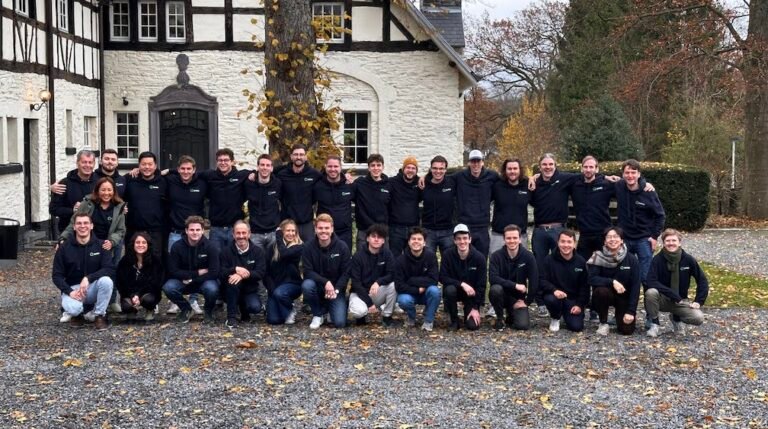
This partly explains why Belgium-based startup Qargo has now raised £11 million ($14 million) in a Series A round led by Balderton Capital.
With the logistics industry facing rising operating costs, decarbonization pressures, hikes in fuel prices and cyber attacks, companies in the space are in tricky times.
There is clear pressure to digitize the industry to introduce cost savings.
While the transport industry does use legacy software platforms like Mcleod Software, Rose Rocket and Dash Doc, many of these platforms are from an earlier era.
In a statement, Rob Moffat, partner at Balderton Capital, said, “Logistics is a $5T market globally but is often overlooked by software companies.
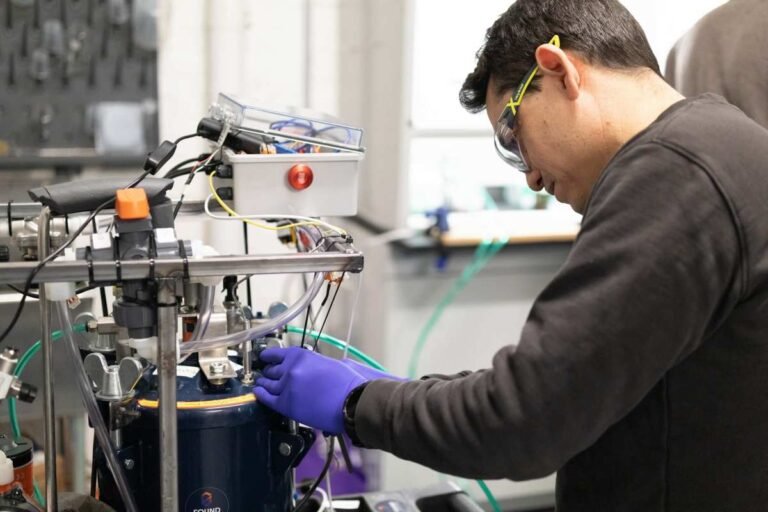
The aluminum used to make the spacecraft held more than 10 times the energy of any cutting-edge battery.
To release the energy embodied in refined aluminum, Godart had to figure out how to get past the metal’s defenses, so to speak.
“One of the hardest elements of heavy industry to decarbonize is the heat,” Godart said.
Aluminum is slightly heavier than diesel or bunker fuel, but its energy density could be game changing for those industries.
One could imagine future ships powered by aluminum dropping their waste powder off at a smelter to be refueled for a return voyage.
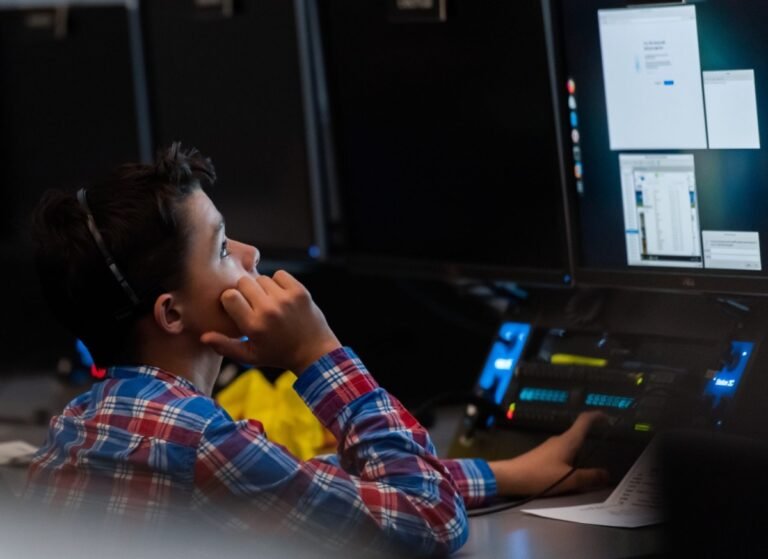
“When we think about our nation’s IP and leadership globally, it’s synonymous with leadership in space,” Stricklan told me in an interview before the occasion.
To that end Space Workforce 2030 has started with the basics: collecting and understanding the data in order to establish a baseline.
Stricklan told me that thousands of teachers have signed on and they expect to see a lot of engagement next month.
They have different touchpoints to get to those that just don’t understand there could be a future for them in a STEM-related career.” Stricklan told me.
You can learn more about the Space Workforce 2030 effort here.

Bitkraft Ventures — a games investor based out of Denver, Colorado, but with European founders — has raised its third fund, coming in at $275 million.
The fund will make seed and Series A investments in gaming studios, and platforms to support game production.
The moves comes at a time when games investments have actually declined 72 per cent year on year, according to a recent Pitchbook report.
Founded by games industry veteran Jens Hilgers, Bitkraft has over 130 companies in its portfolio, and more than $1 billion in assets under management.
Perhaps the best way of positioning Bitkraft is to compare it to Play Ventures in Singapore which has raised $222.9M across 4 funds, but also invests across several types games platforms.
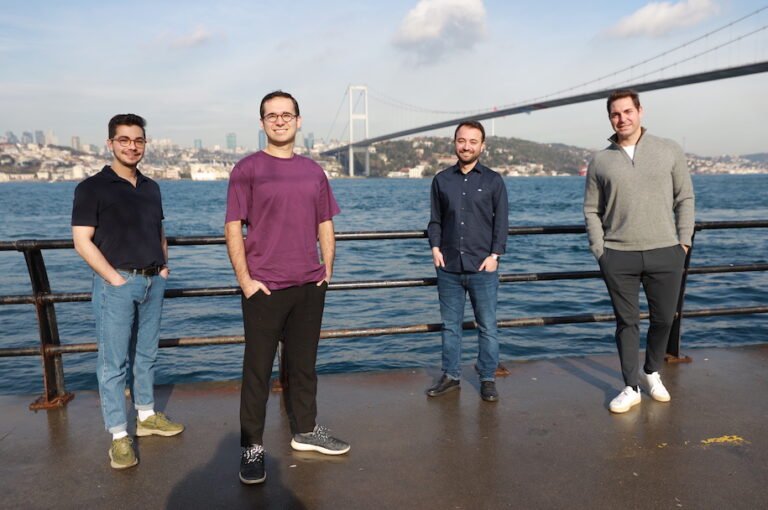
Turkey has gained a well-earned reputation as a veritable cauldron of mobile games startups, leading to the rise of VCs dedicated to the sector.
The latest to join this coterie is Laton Ventures, a new gaming-focused VC that has raised a $35 million fund.
Indeed, between 2018 and 2022 Turkish gaming start-ups raised more than $1 billion in funding.
There are now at least 25 VC funds that invest in video games startups based out of Turkey.
“We’re positioning as a bridge between the Turkish gaming ecosystem, which is booming, and the international gaming ecosystem.
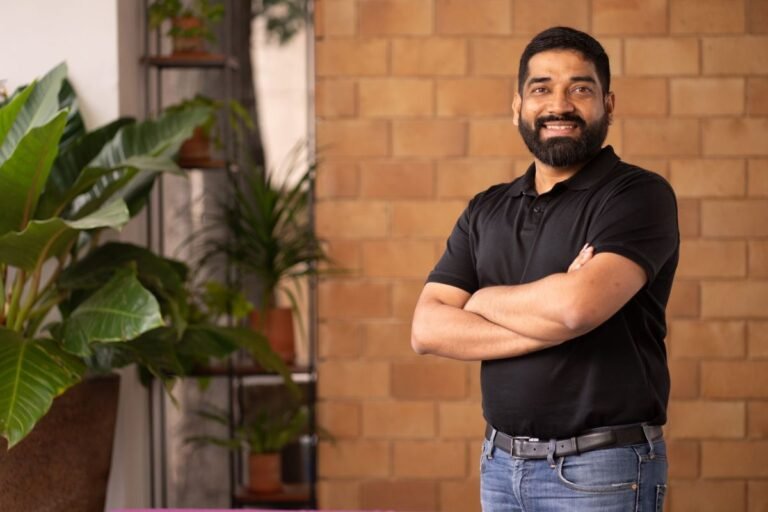
All VC firms have also grown increasingly focused on making early-stage investments in India in recent years and finding the next Flipkart at the seed stage.
Accel has been trying to find the right fit for its early-stage accelerator program for nearly half a decade now.
SkoobSkoob is a generative AI platform which is revolutionizing the way readers interact with books.
More than 800 startups applied to be in Atoms 3.0, and about 300-400 applicants were AI startups.
Swaroop said nearly two-thirds of all pitches focused on AI startups that sought to solve HR and marketing problems.

The CHIPS Act can be seen as a direct result of a number of pressing geopolitical issues.
The above, coupled with long-standing efforts to revitalize U.S. industry, spurred on economic efforts to reshore manufacturing.
While the CHIPS Act was still winding its way through Capitol Hill, Intel announced plans to open a $10 billion manufacturing facility just outside of Columbus, Ohio.
It says it expects those efforts will create 20,000 construction and 10,000 manufacturing jobs — music to the ears of an administration keenly focused on monthly jobs reports.
Notably, Intel recently pushed back the manufacturing start date of its New Albany, Ohio, plant two years to 2027, citing changes to the business environment.
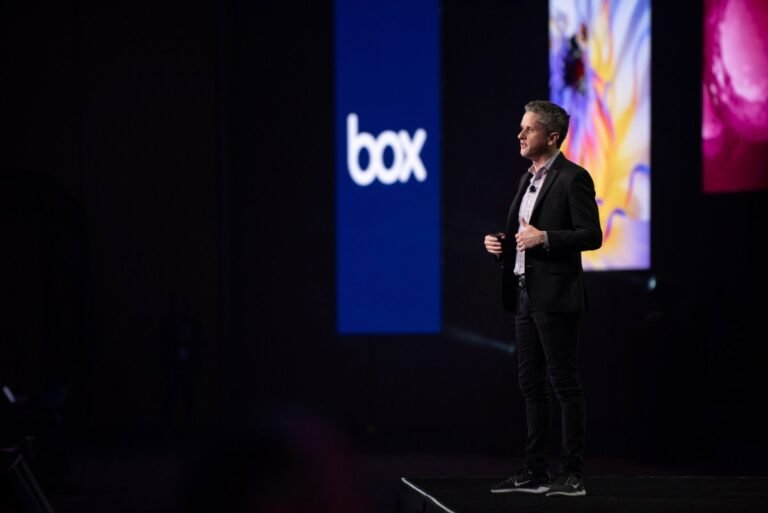
A few years later, Levie’s original idea was becoming commoditized, and he switched gears to enterprise content management in the cloud.
Traditional enterprise content management, whether on prem or in the cloud, has involved storing, managing, securing and governing unstructured content.
Today, the industry is changing once more, and Box is again working to position itself on the forefront of that shift.
Levie has always had a knack for seeing where the puck is going, and his company is embracing the software shift toward AI and workflow automation.
Last year, Box bought Crooze, a small company that specializes in workflow automation and metadata management with integrations into Box, making it a logical acquisition target.













